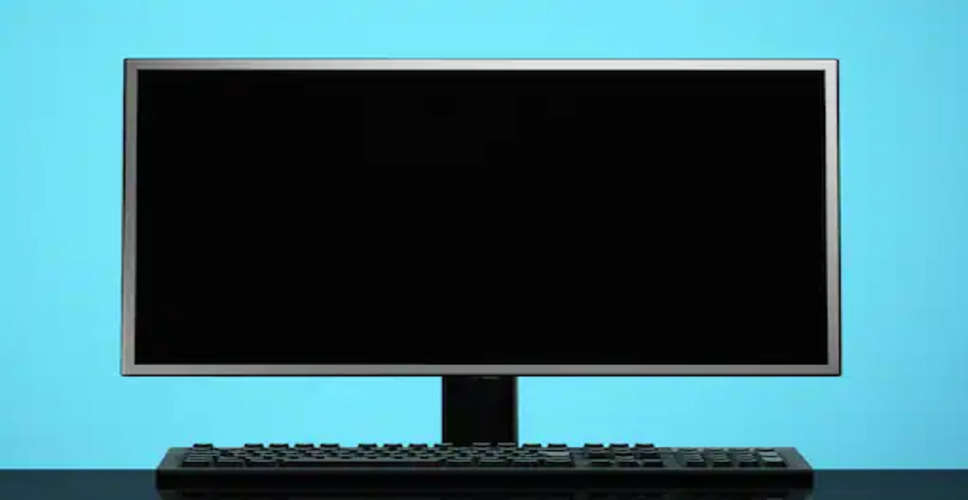Windows PC Not Starting: Most Important Things to Do if Your PC Doesn't Turn on

With computers being of utmost importance in our work, studies and entertainment, their failure comes as a big hassle. If your Windows PC is not starting, it may seem like a nightmare at first, but actually, the issue at hand may not be too critical. Without panicking, you should try these solutions before heading to the manufacturer’s service centre.
To identify the problem, press the power button and look at your computer screen carefully. If your computer screen lights up, it is likely the problem is with booting Windows and your critical hardware is working fine. To fix that, you need to try to boot Windows in safe mode. To do that, press the power button and as soon as the screen lights up, press it again. Do this three times and it will take you to the Automatic Repair screen.
On that screen, choose Advanced Options. Now, click on Startup Settings (you may need to click on See more recovery options to see this option). From the next screen choose to boot into safe mode, which needs you to press the 4 or F4 key, as written on the screen. From safe mode, you can uninstall the suspected software that may be causing the problem. Alternatively, you can press F8 (or any key combination based on your motherboard) to boot into Safe Mode with Networking. After booting, download BlueScreenView to see what was stopping you from booting.
If your screen does not light up, try to hear the sound of your CPU fan. If the processor sounds like it is on and working, then your monitor/display could be at fault. You will therefore need to look for a repair agent. If your device is a desktop, try another monitor. In the case, the CPU fan is not working and your system is making beep noises, there could be faulty hardware. It may be because of RAM, hard drive or your processor. Listen to the number of continuous beeps and look that up in your manufacturer’s guide. By doing so, you will find out what is faulty. At this point, if you are not a computer expert yourself, you may want to contact a repair agent.
